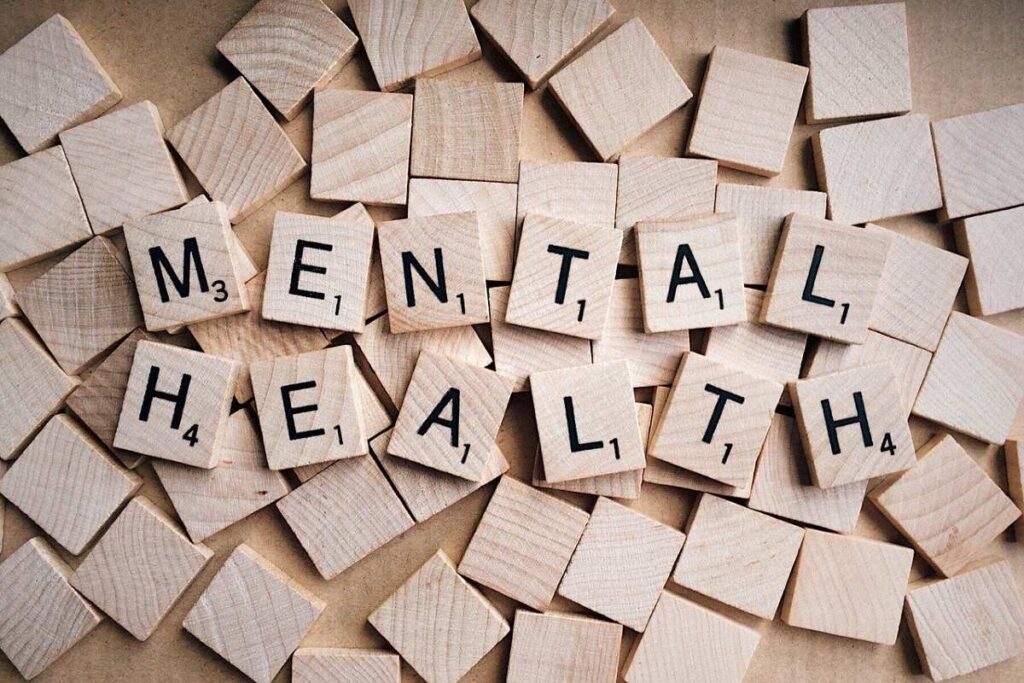Day by day, one by one, we came into a place where our lives would change forever.
First there was Natasha, who was the flirter. Then there was Anne, the joker. Then me, the dedicated and married one. Followed by Tonya, the spiritual one.
We each entered the program on different dates but basically days apart from one another. After introducing ourselves, we somehow formed a bond. We became friends and supported each other every day. We sat with each other in meetings, we sat at the same table while eating, and we spent our free time together.
All of us had different problems. One was a pill popper, two were alcoholics, and one did dope. For the 30-something days we were in this program, we worked hard and concentrated on better things for ourselves in life. We wanted change, which is very hard to do when you are an addict.
Some days we wanted to go home, some days we would miss our families, and some days would just be sad. But all four of us stuck it out until each of us graduated one at a time.
I remember a speaker at one of the meetings told us that one out of three people will succeed with their sobriety. Of course, I thought it would be me. And boy was I wrong, It was Tonya.
This was three years ago. And today, she has a little over three years clean and sober. I’m very proud of her. She went back to school and graduated college and she has a great job, loving what she does. She was always carrying that Bible around and reading it. Way to go T!
I guess we all was thinking the same thing when the speaker told us about those statistics. Hoping it would be us, that is.
The last time I heard from Natasha, she was still going strong, not even giving it a second thought. T says she sees Nay on Facebook every now and again and she still not straight.
I saw Ms. Anne in another program — she didn’t even know who I was. She looked like she had been through hell and back. Even though she hardly recognized me, I did what I could for her during the last few weeks I was there and then I came home.
And me? I’m still keeping my head above water. I relapsed a time or more but I don’t give up. I keep getting back on that horse and ride him again. I’m on him today again, thank God. Some of us give up and think that it’s not worth fighting for. But not me. This is my life and I know I’m worth fighting for. My family and friends seem to think so too. That’s why I have great support with my sobriety.
According to the National Institute on Drug Abuse, relapse rates for people who go through treatment for substance use disorders are similar to those of people who have received treatment for other chronic illnesses like asthma or hypertension. Forty to sixty percent of people relapse. And that doesn’t mean treatment failed, it just means you need to get back to it or try a different kind of treatment. I’m here to tell you, the first year is the hardest. But the longer you stay sober, the more you get to know yourself, what coping strategies work for you, and what triggers you.
The general theory is that your chances of relapsing after a long period of abstinence are very low. Of course, it can happen, but it’s not nearly as likely as if you’re only in the first year of sobriety. The study that speaker told us about — the one that showed one in three people who are sober for less than a year will stay that way — also found that less than half of the people who stay sober for more than a year will relapse. And if you reach the 5 year sobriety mark, your chances of relapsing are less than 15%.
I made it one time to nine months and gave into the power of that beast. Now I’m trying again for my first year clean. I know for a fact it won’t be easy. But at least I’m trying and giving it my all. As long as I keep the focus on me and not others, I think I’ll be fine. Wish me luck, and until then stay clean and sober.






